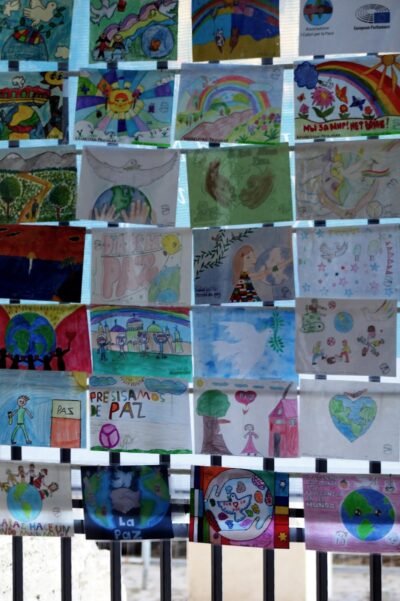In the United States, there has always been a clash between cultural beliefs and the safety of the child. We just happen to be diverse like that.
In the United States, there has always been a clash between cultural beliefs and the safety of the child. We just happen to be diverse like that.
Some call it tradition. Some call it heritage. Some even wrap it in the language of faith.
But for womanists and women’s rights advocates, the stance has always been clear:
Protect the child. First, last, always.
We do not disrespect culture. In fact, we honor it deeply. But to truly honor culture is to protect the humanity, safety, and dignity of those within it—especially children.
Because any culture that demands the suffering of children to survive is a culture in need of deep healing.
📜 A History of Harm Hidden Behind “Belief”
This isn’t new.
In America, we’ve seen this before:
-
During chattel slavery, Black children were sold, raped, bred, and worked to death.
Justified by economic tradition and white supremacy culture.
They said: “It’s our way of life.”
We said: No. -
In the early 20th century, poor children and children of color were experimented on in state institutions.
Given radiation, denied anesthesia, or forcibly sterilized.
They said: “It’s for science.”
We said: No. -
During the Indian boarding school era, Native children were forcibly removed from their families, their identities stripped.
They said: “It’s to civilize them.”
We said: No.
And now, in this present moment, some say that Female Genital Mutilation (FGM) is a matter of cultural or religious tradition.
We still say: No.
✊🏾 Standing With Survivors. Standing With Children.
FGM is not a rite of passage. It is not a spiritual act. It is not a family affair.
It is a violation. Of the body. Of trust. Of autonomy. Of childhood.
For decades, Black womanists and global women’s rights activists have stood beside Survivors of FGM—whether they were from Somalia, Sudan, Egypt, or parts of Asia or America.
We have listened. We have believed. We have amplified.
And we have fought for laws, policies, and education that put human rights before ritual.
🧠 When Culture Clashes with Conscience
It is not disrespectful to question a cultural practice that causes harm.
It is not “western imperialism” to say that girls deserve to grow up whole—physically, emotionally, spiritually.
It is not intolerance to refuse to normalize suffering.
“Some traditions must be laid to rest so that children may live whole and free.”
— Tonya GJ Prince, WeSurviveAbuse.com
🛡️ We Will Keep Saying No.
We say no to cultural justifications for harming children.
We say no to silence that allows cycles of abuse to continue.
We say no to any version of womanhood or faith that begins with a blade and ends with shame.
We say yes to girls.
Yes to their right to be safe.
Yes to their right to choose.
Yes to our shared duty to protect them, even when it’s uncomfortable, even when it challenges tradition.
And we will say it again tomorrow, and the next day, and the day after that.

